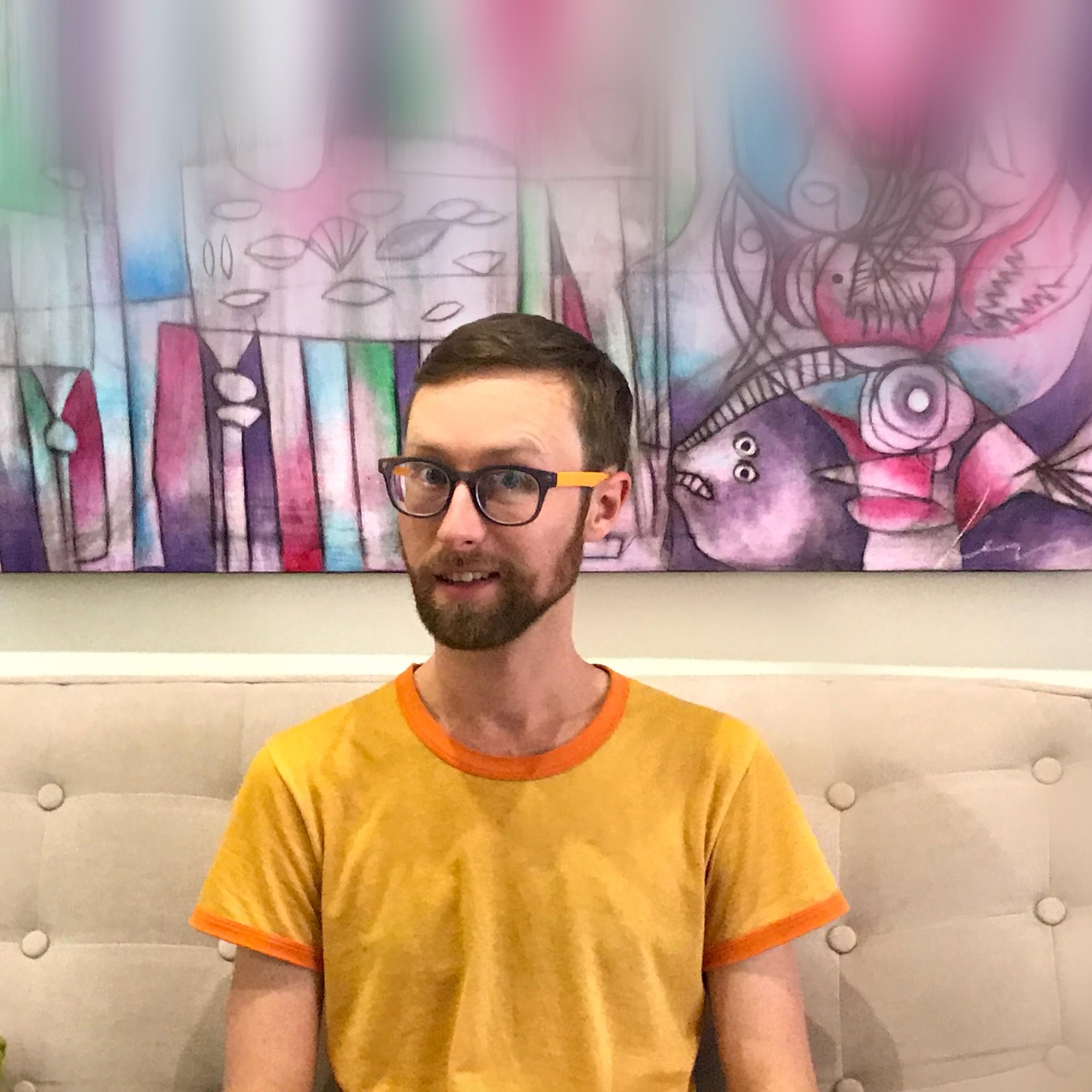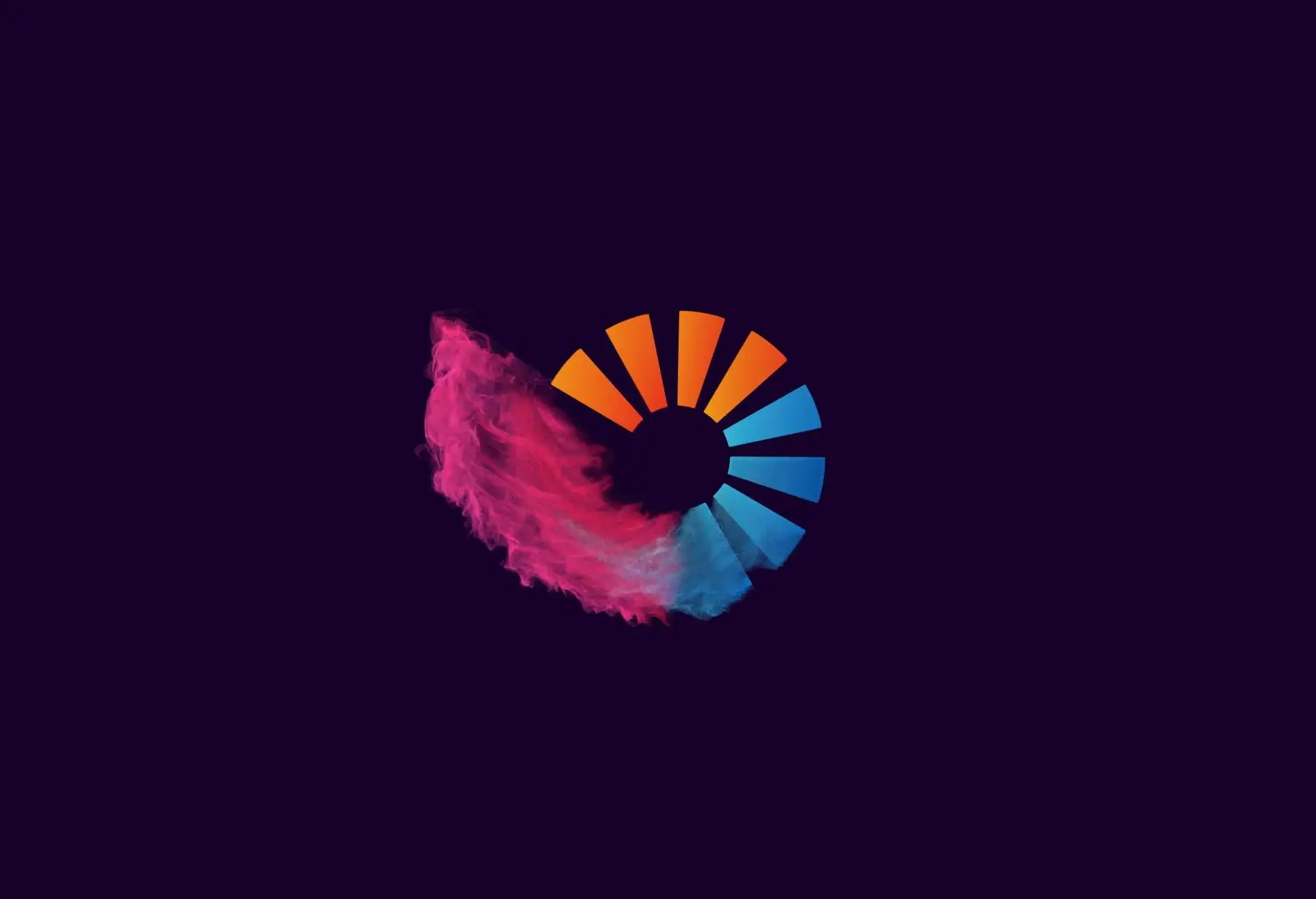Europe is the place to visit in summer for pride events! With events happening pretty much continuously from mid-June till the end of August in large cities across the continent, you’ll be hard-pressed to decide exactly where to go. Get the summer party and gay pride parade started with a visit to these ten great European cities.
Riga, Latvia – June 9
The Latvian capital will play host to Baltic Pride this year, an event that cycles through the three Baltic capitals, and this one proves to be a special one indeed. Though the official pride week starts on June 4th, there will actually be events leading up to the parade on June 9th to commemorate Latvia’s centenary this year.
Another thing that makes this event stand out from other European pride events is that this one is very politically motivated. In Latvia, same-sex couples still have no way of officially registering their partnership and anti-discrimination laws barely extend to cover LGBT people, and participants intend to send the signal to the Latvian government that this is unacceptable.
Vienna, Austria – June 16
After the furore of the so-called ‘gay traffic lights’ for the Eurovision Song Contest in May 2015, Vienna has been in the spotlight as a queer friendly destination. Since 2011, the Austrian capital has held the Regenbogenparade (rainbow parade) every June, an event for the entire family that carves a path through some of the most touristed and architecturally impressive parts of the city.
Make sure to attend to see countless tributes to Conchita Wurst, dance alongside hot, blonde Austrian guys and show your support for the movement that will finally bring marriage equality in the country in January 2019. In the evenings, there are several parties, some for girls only, others for everyone, where you can be sure to have a good time.
Barcelona, Spain – June 30
Cultural events leading up to Barcelona’s pride parade start in mid-June, and include such diverse offerings as public debates on homophobic bullying, walking tours, theatre performances and conferences. There are also of course a wide range of parties, some explicitly for sexual encounters, others purely for dancing the night away and many somewhere in-between.
The parade, which will march the whole length of Avenida del Parallel (part of the affectionately known Gaixample neighbourhood), to the main stage at the beach is the largest in the Mediterranean and draws people from all over the globe.
Still curious? Download our free Barcelona city guide for iPhone, momondo places.
Paris, France – June 30
The 42nd edition of France’s largest pride parade with more than half a million participants will march through the historical streets of downtown Paris for approximately 4 hours passing by landmarks like the Louvre before ending up at Place de la République for a series of outdoor concerts lasting through the evening.
Though there is a definite carnival-like atmosphere to the parade and you will no doubt see some very elaborate or simply outrageous outfits among the revellers, it’s ultimately an event to celebrate diversity and work for acceptance of the LGBT community at large. After the parade, there will be numerous parties lasting all night for every ilk of person who might be interested in attending, mostly in the Marais and surrounding neighbourhoods.
London, UK – July 7
While the main parade takes place on Saturday July 7th, the festivities that form London pride begin as early as June 9th. These include a wide variety of events such as art exhibitions, talks on various topics, live shows, outdoor performances and spoken word events.
London Pride is one of the oldest pride events in Europe, with origins going back to 1972. Attracting people from all over the UK and beyond, it makes for an extremely mixed crowd of typically over 400,000 people.
Need more London travel tips? Download our free London city guide for iPhone.
Madrid, Spain – July 7
Rainbow flags fluttering around in Madrid ©piola666/Getty Images
The largest pride event in all of Europe, Madrid draws in more than 1,5 million participants and spectators every year. The parade itself goes right through the heart of the city, beginning at Atocha station and ending in Plaza de Colón, and consists of more than thirty floats sponsored by charities, international companies, Spanish political parties and trade unions.
The festivities leading up to the parade actually start on June 28th and are centred around Chueca, the gay neighbourhood in downtown Madrid. There are outdoor concerts spread over various stages featuring Spanish pop, dance and drag acts as well as other fun events such as the famous high heel race and competitions to find the year’s Pride Queen and Mr. Pride.
Frankfurt, Germany – July 21
For the 26th time since its inception, Frankfurt will hold its annual Christopher Street Day in mid-July this year. The events are spread over a long weekend, and include several parties, live outdoor musical performances, political discussions and quizzes. The parade will march through the main shopping area of downtown Frankfurt and, like all German pride events, attracts a wide spectrum of the LGBTQ community. The financial capital of Germany itself is a very queer-friendly place to start with a decent selection of gay bars, clubs and saunas as well as plenty of queer-friendly hotels, restaurants and nightlife venues.
Berlin, Germany – July 28
This year marks the 40th pride event in Berlin, and it has come a long way since it started with just 400 people 39 years ago. Of course, Berlin is known as one of the gay capitals of Europe, and so its Christopher Street Day will not disappoint! Hundreds of thousands of people from all over Germany, Europe and the world pour into this already extremely diverse and accepting city to celebrate pride together.
The parade itself takes a meandering route through some of the most famous landmarks in the city, starting on Kurfürstendamm, one of Berlin’s main shopping streets, passes through the Tiergarten, the city’s largest park, rounding the Siegesäule, and ending up at the Brandenburg Gate. Once there, the party really starts with a set of DJs, musicians and live entertainment intermingled with political speeches and award ceremonies celebrating diversity and equality.
Amsterdam, The Netherlands – August 4
Join in the fun in Amsterdam!
Though the famous culmination of Amsterdam Pride, the Canal Parade (which is taking the reverse route to previous years) takes place on Saturday 4th August, Saturday 28th July is just the start of a fortnight of celebrations in the Dutch capital that will kick off with Pink Saturday, a day-long event that happens each year in a different Dutch city.
Starting from Vondelpark in downtown Amsterdam, there will be music and sport events leading up to the Pride Walk, which will end in Dam Square. For the two weeks after that, there will be numerous events all around the city such as street parties, concerts, public discussions and late night and family events, which will culminate in the famous Canal Parade on 6th August that is due to be one of the biggest ever!
Download our free Amsterdam city guide to your iPhone!
Stockholm, Sweden – August 4
Stockholm’s metro stations are brimming with colour
Stockholm is an extremely queer-friendly city to visit at any time of year, but it is during pride week that the city really shows all its colours. The city buses don rainbow flags and the Kulturhuset in Sergels torg, in the very heart of the city, is transformed into Pride House, which plays host to numerous LGBTQ art exhibitions, presentations, discussions and other cultural events by and for the community.
A sports stadium is also repurposed as the Pride Park, where musical events of all kinds are put on and there are stands by various organisations giving away freebies and holding fun competitions. The parade itself, which happens on the last Saturday of pride week, is the largest in Scandinavia and is really just a chance for anyone and everyone in the city to celebrate diversity, peace and love, even more so this year since the city is hosting EuroPride!
Brighton, UK – August 4
Wigs everywhere in Brighton!
Brighton, well known as the gay capital of England, is host to the biggest pride festival in the UK. This year, it takes place on the first weekend of August and promises to be a riot!
The main event is the Pride Festival, a weekend-long outdoor music and dance event with something for everyone, from the women’s performance stage, bears tent and trans* tent, to the family diversity area. Additionally, there are also LGBTQ art exhibitions that coincide with pride weekend, as well as diversity games and, of course, the all-important parade.
Prague, Czech Republic – August 11
A relative newcomer to the European pride circuit – and a trending gay-friendly destination – Prague will be celebrating its eighth annual pride event this summer. The Czech capital’s take on pride is a little different to many other cities, with the focus being on community participation and engagement through such activities as film screenings, photography exhibitions, discussions, debates, group picnics, dance classes, tours and quizzes rather than simply just outdoor musical performances. Events go on for the whole week leading up to the parade, and it is an exciting time to experience and engage with Eastern Europe’s most LGBTQ friendly city.
Copenhagen, Denmark – August 18
The rainbow flags are decorating Copenhagen’s City Hall Square © vincehardaker
With the main city square serving as Pride Square for the long weekend of Denmark’s biggest pride event, which is free to enter, the city is completely taken over by pride for two full days.
The parade, which takes place on Saturday afternoon, could be considered small compared to some of the other cities on this list, but is nonetheless one of the more diverse. Sports teams, polyamorous groups, leather dykes, Vikings, drag queens and even straight people are fully represented and welcomed into the joyful street parade.
For more inspiration on what to do in Copenhagen, have a look at our three-day guide to Denmark’s capital city.


